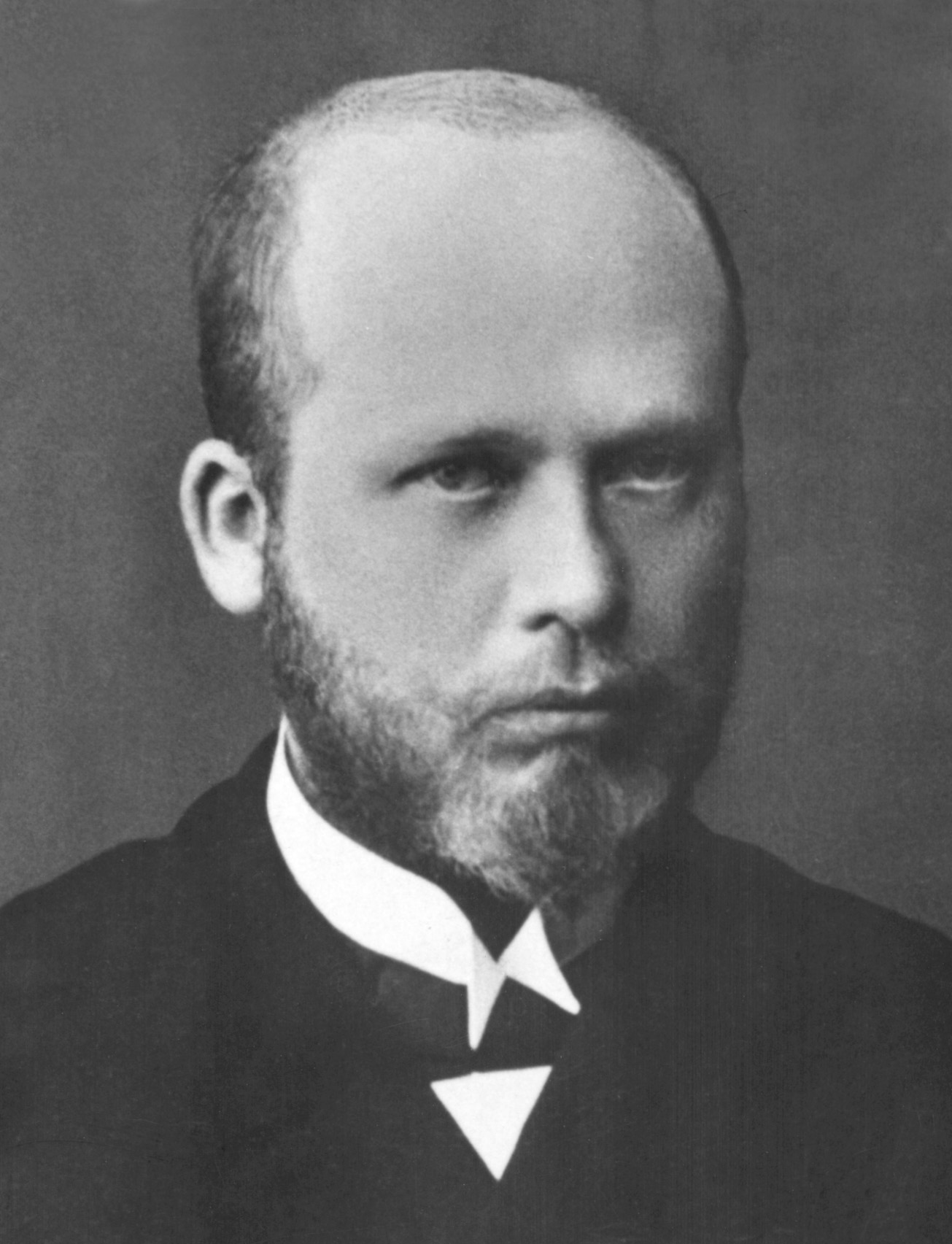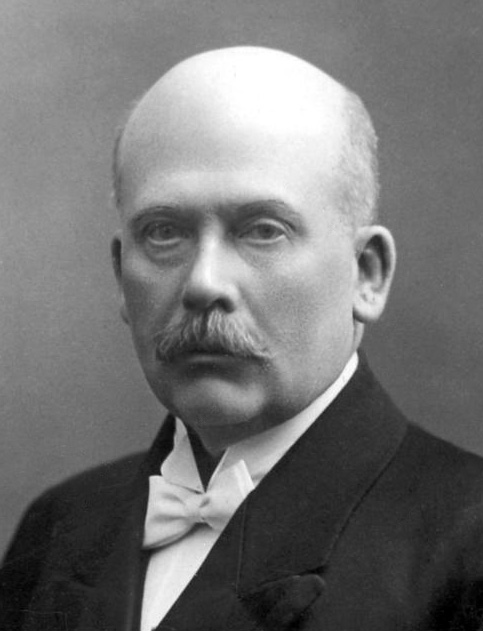

Matyáš Lerch
† 3. 8. 1922 Sušice
Description: Matyáš Lerch (1860–1922) was renowned for his results in mathematical analysis, number series, theory of functions, particularly the Gamma function and elliptic functions. His work represents more than 200 publications. Despite his exceptional talent and deep commitment, he won a recognition abroad before he got the proper credit in his homeland. His results, particularly appreciated by Ch. Hermite, were acknowledged by the Grand Prix of the French Academy in 1900. In 1986–1906 he got a professorship at the Fribourg University in Switzerland. After he returned home, he was appointed rector of the Technical University in Brno and professor at the Masaryk University in Brno. In 1921 he was elected the member of the Czech Academy of Sciences and Arts.
Matyáš Lerch (1860–1922) won an international recognition for his results in mathematical analysis, number series, theory of functions, particularly the Gamma function and elliptic functions. His work represents more than 200 publications.
His exceptional talent for mathematics and deep commitment helped him to overcome unfavourable social conditions and consequences of a hard injury in the childhood. Being originally interested in geometry, he turned his interests to analysis. A state scholarship in 1884 enabled him studying at Berlin University by K. Weierstrass, J. L. Fuchs, C. Runge and L. Kronecker; in particular, the latter influenced him greatly. For a short time Lerch worked as actuary. In 1986–1906 he got a professorship at the Fribourg University in Switzerland. Ch. Hermite particularly appreciated his work introducing it in his lecture notes by the words: “Voici pour y parvenir la méthode ingénieuse et elegante de Mr. Matyas Lerch, docent a d‘Ecole Polytechnique Tchèque de Prague.” In 1900 Lerch received the Grand Prix of the French Academy in 1900.
At the beginning of 20th century, he returned home where he eventually received appropriate recognition. In 1906 he was appointed professor at Technical University in Brno, four years later became its rector. In 1909 he received the honorary doctorate from Prague University and in 1921 he was elected the member of the Czech Academy of Sciences and Arts. Among his students excelled M. Plancherel in Fribourg and O. Borůvka in Brno.
